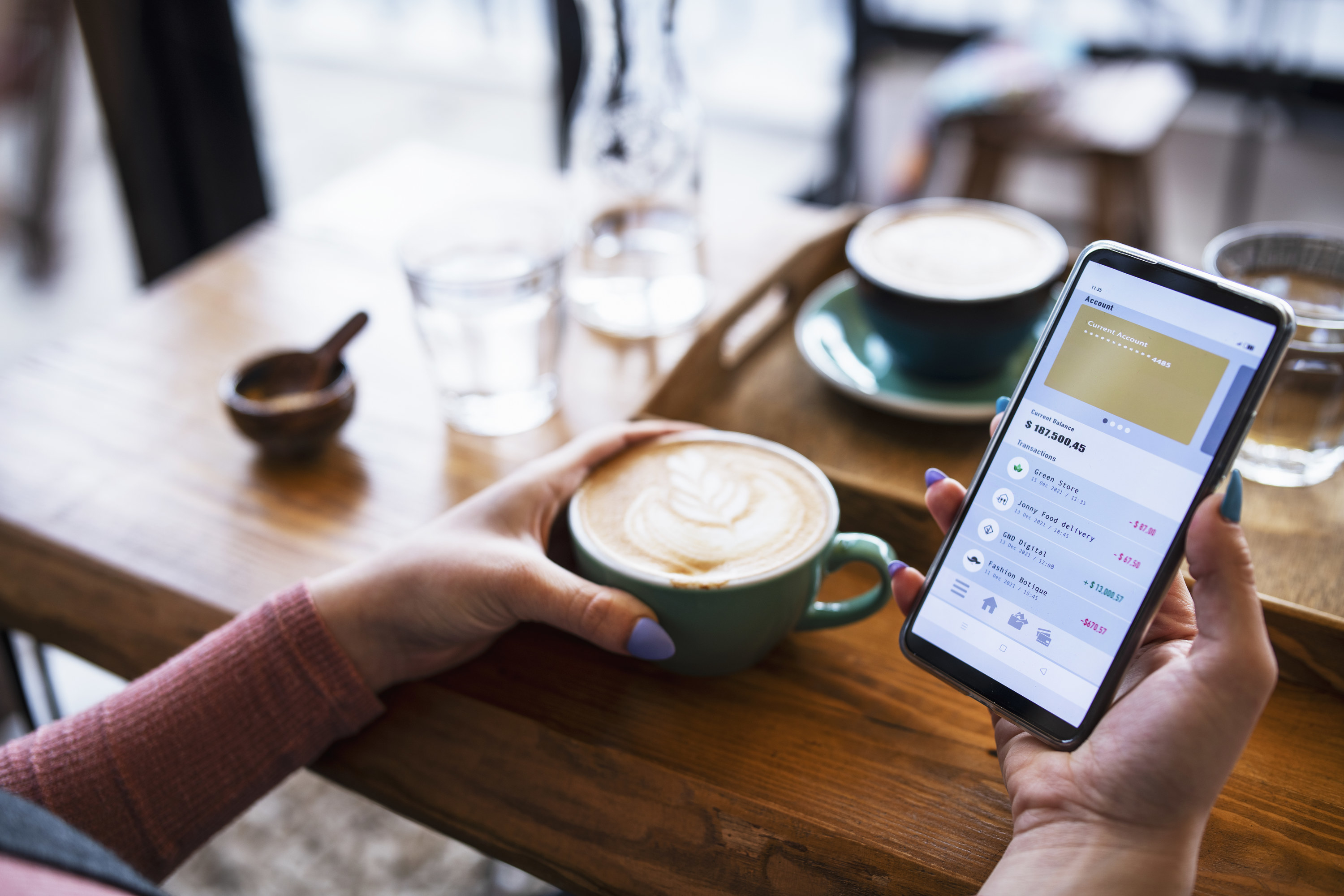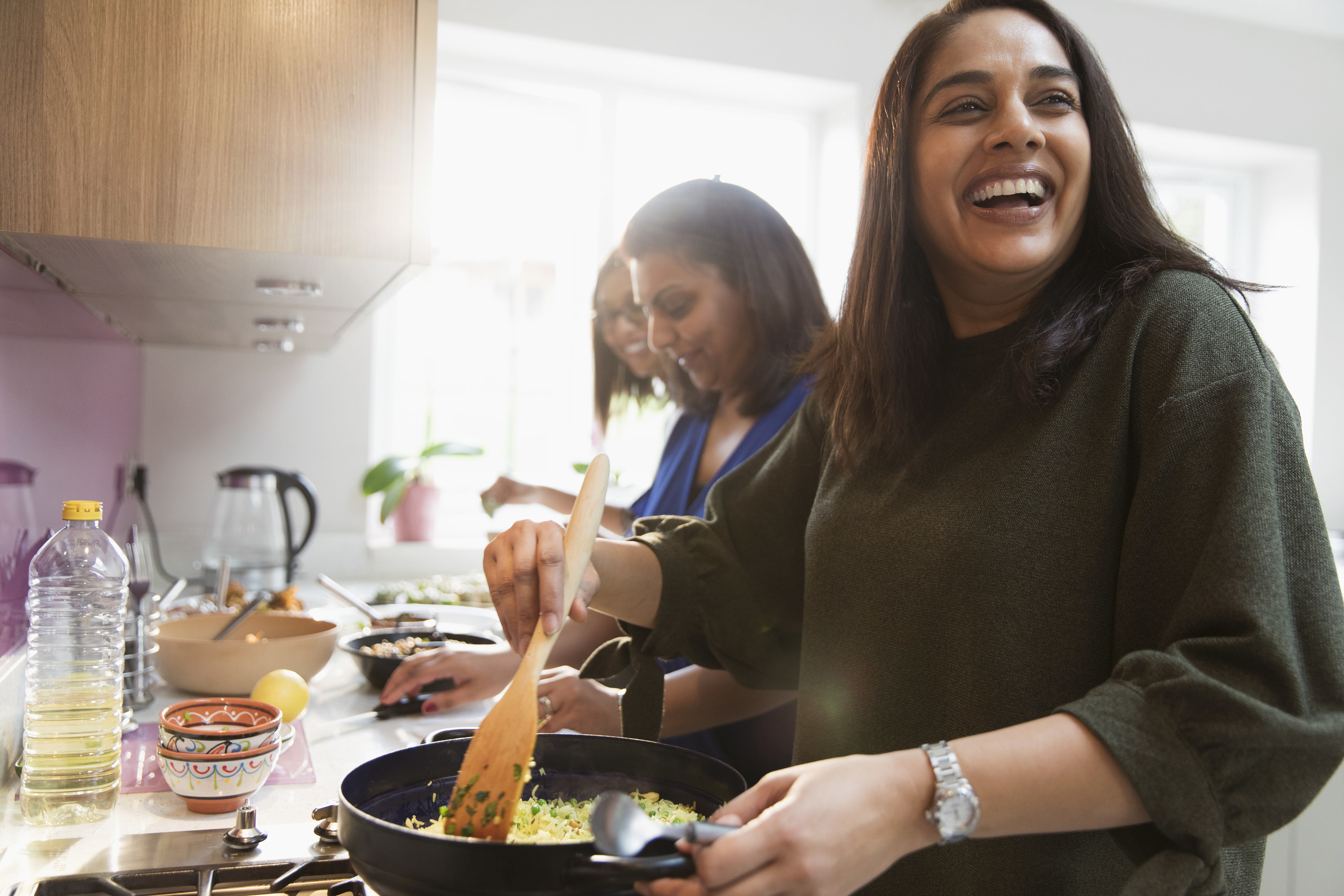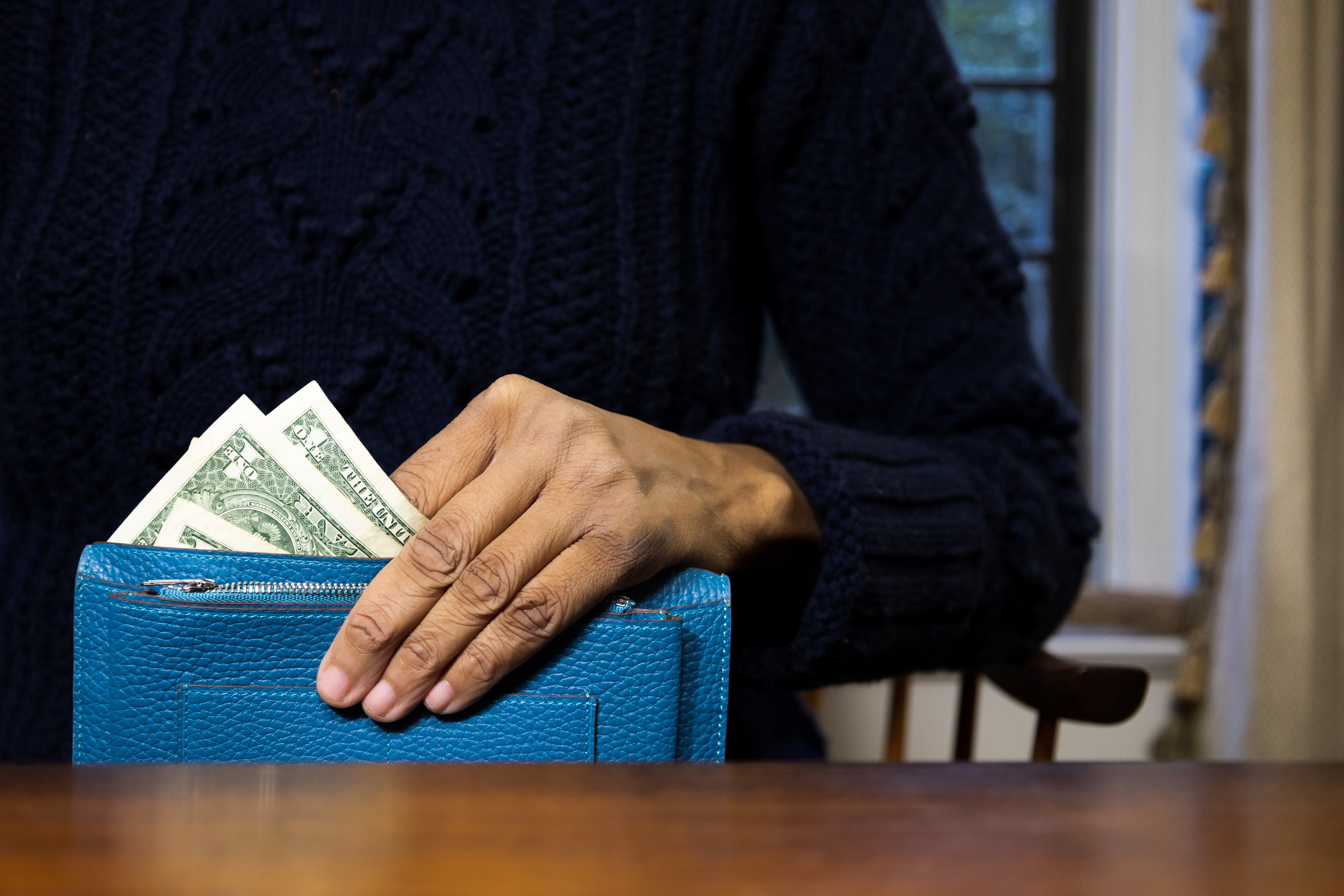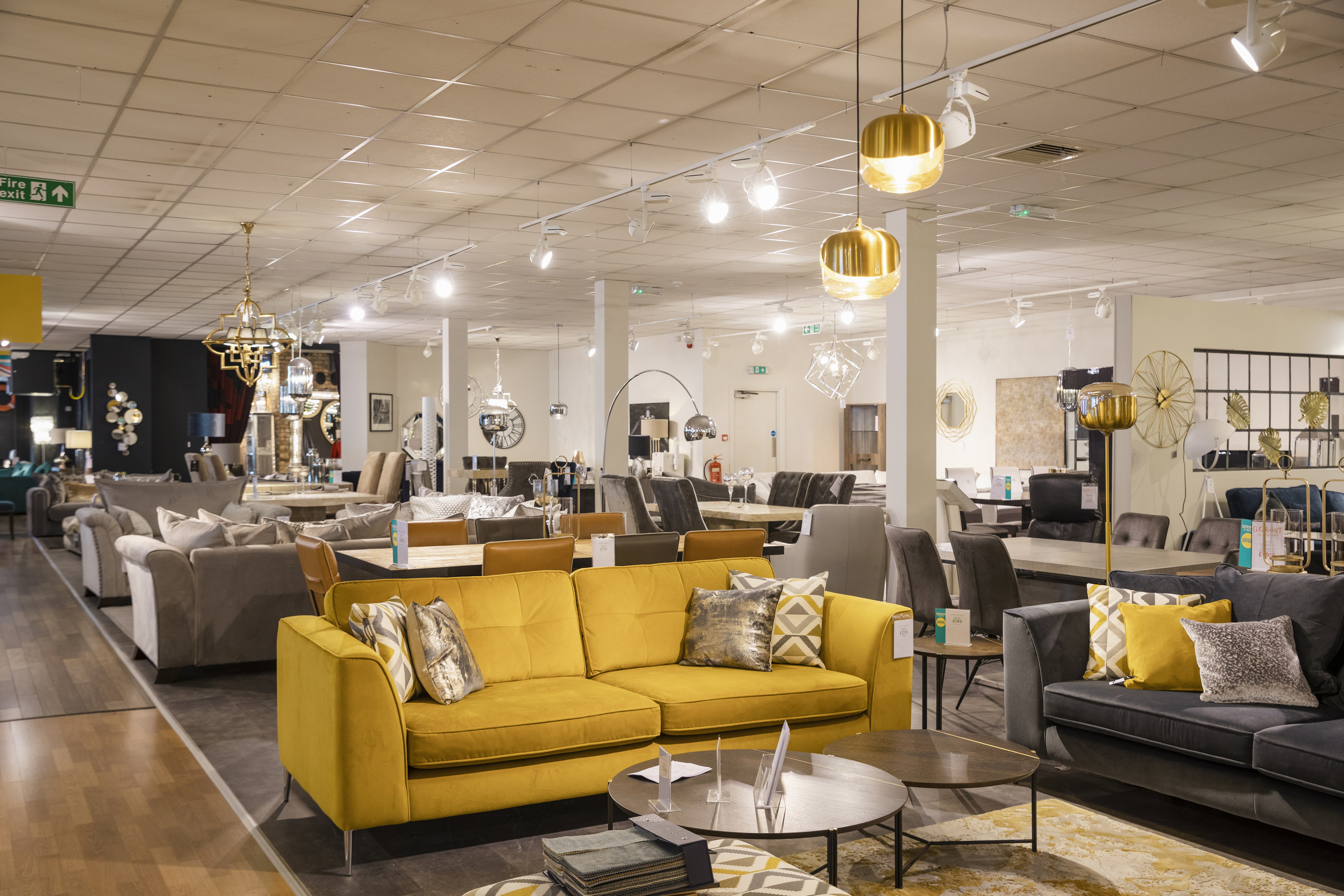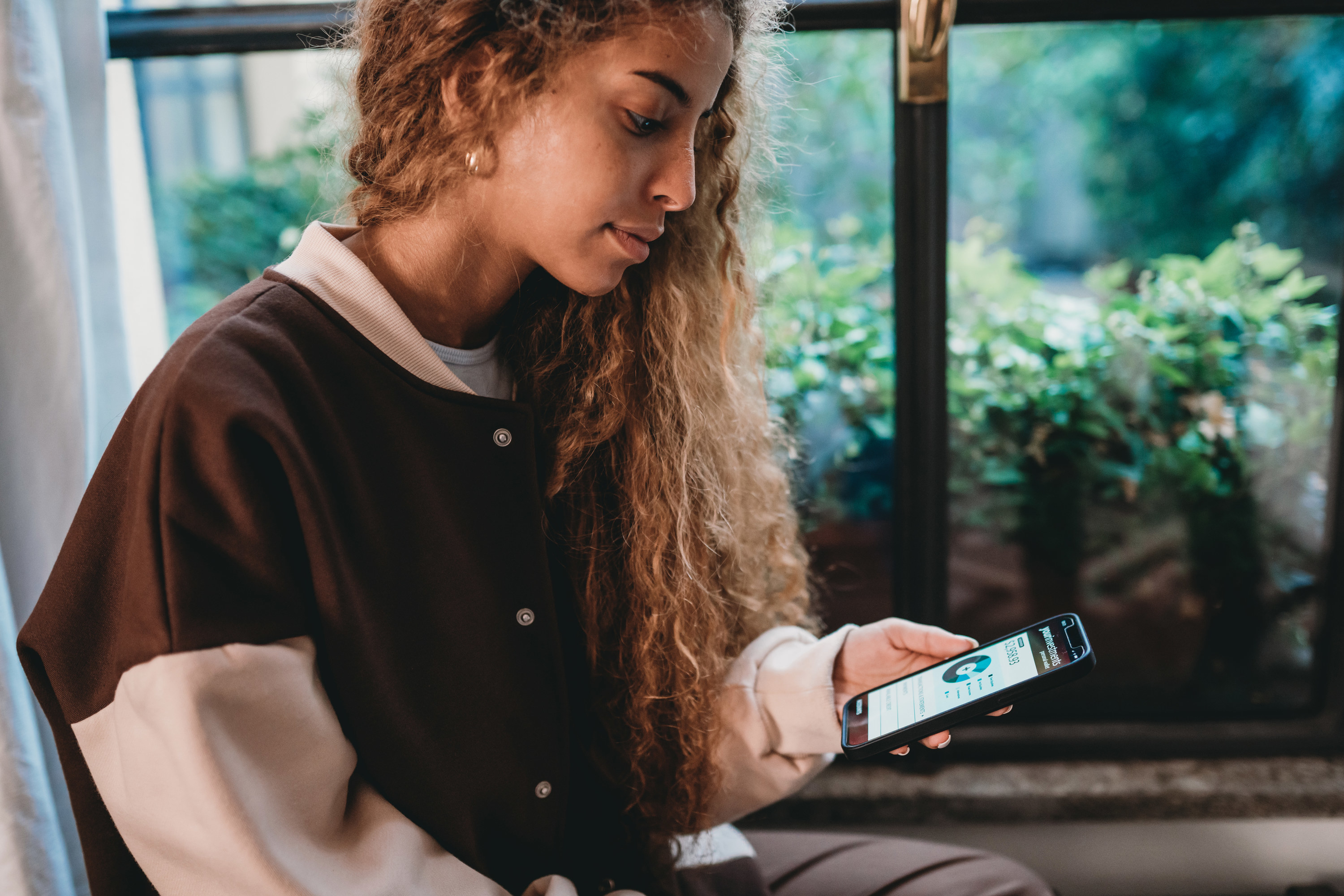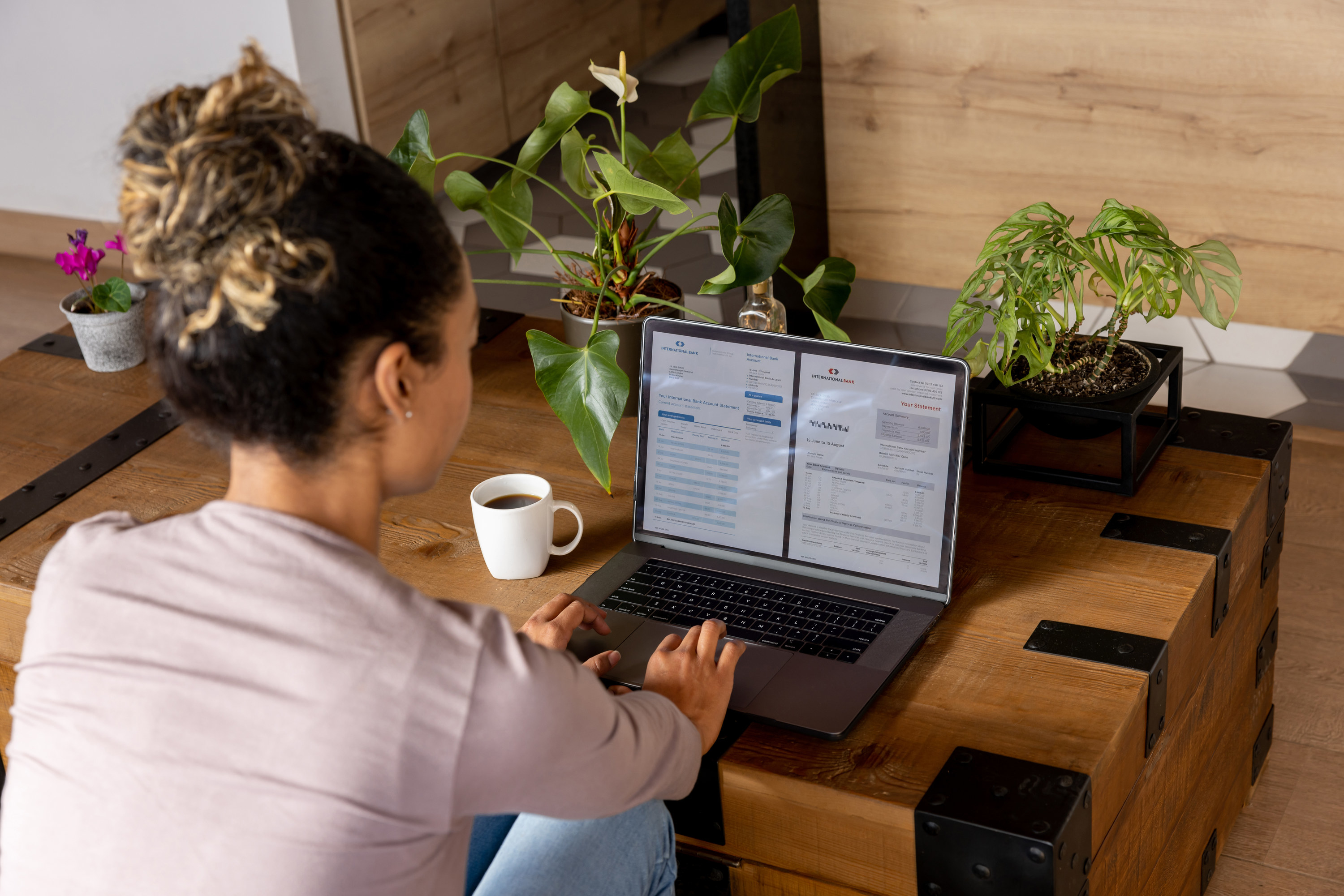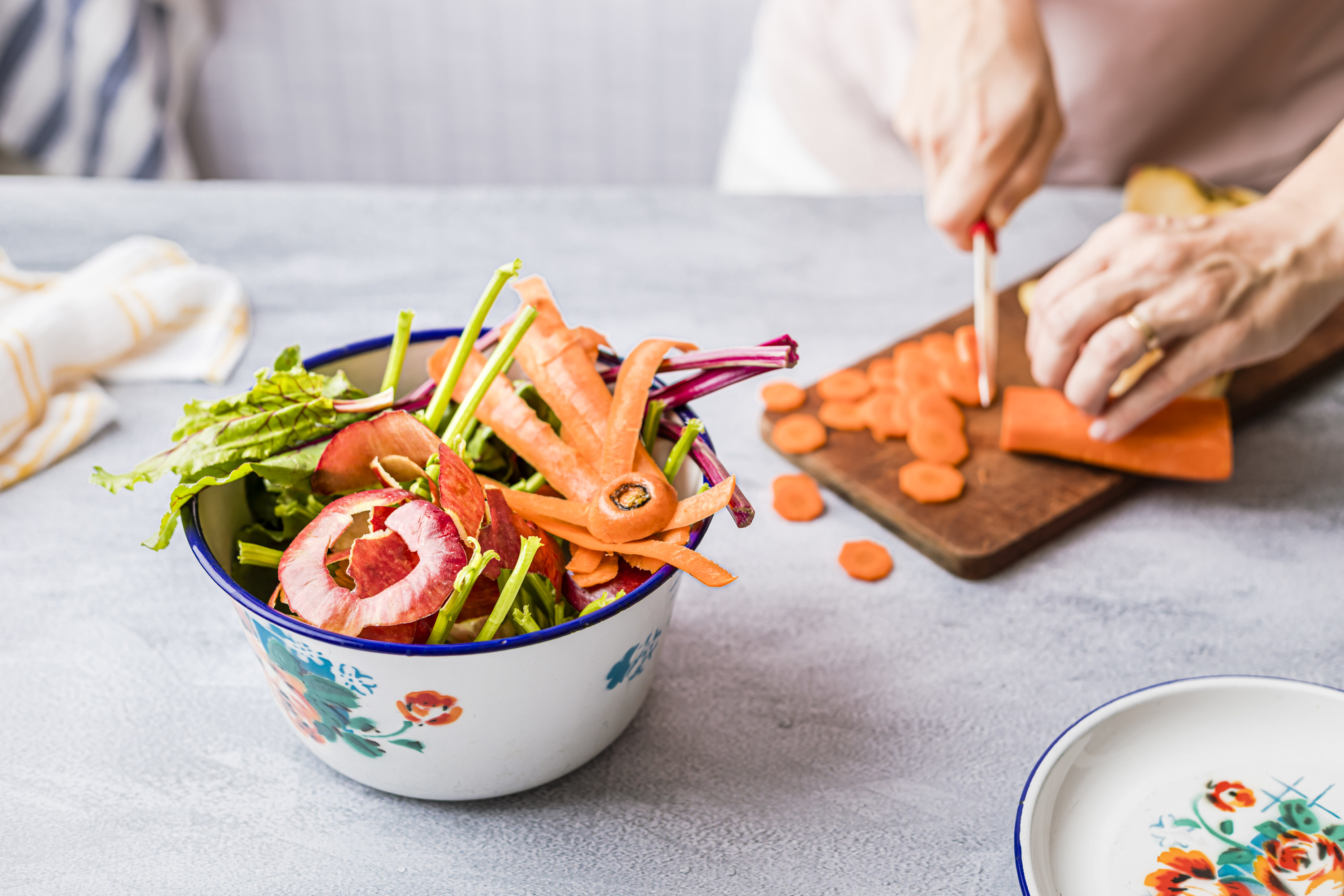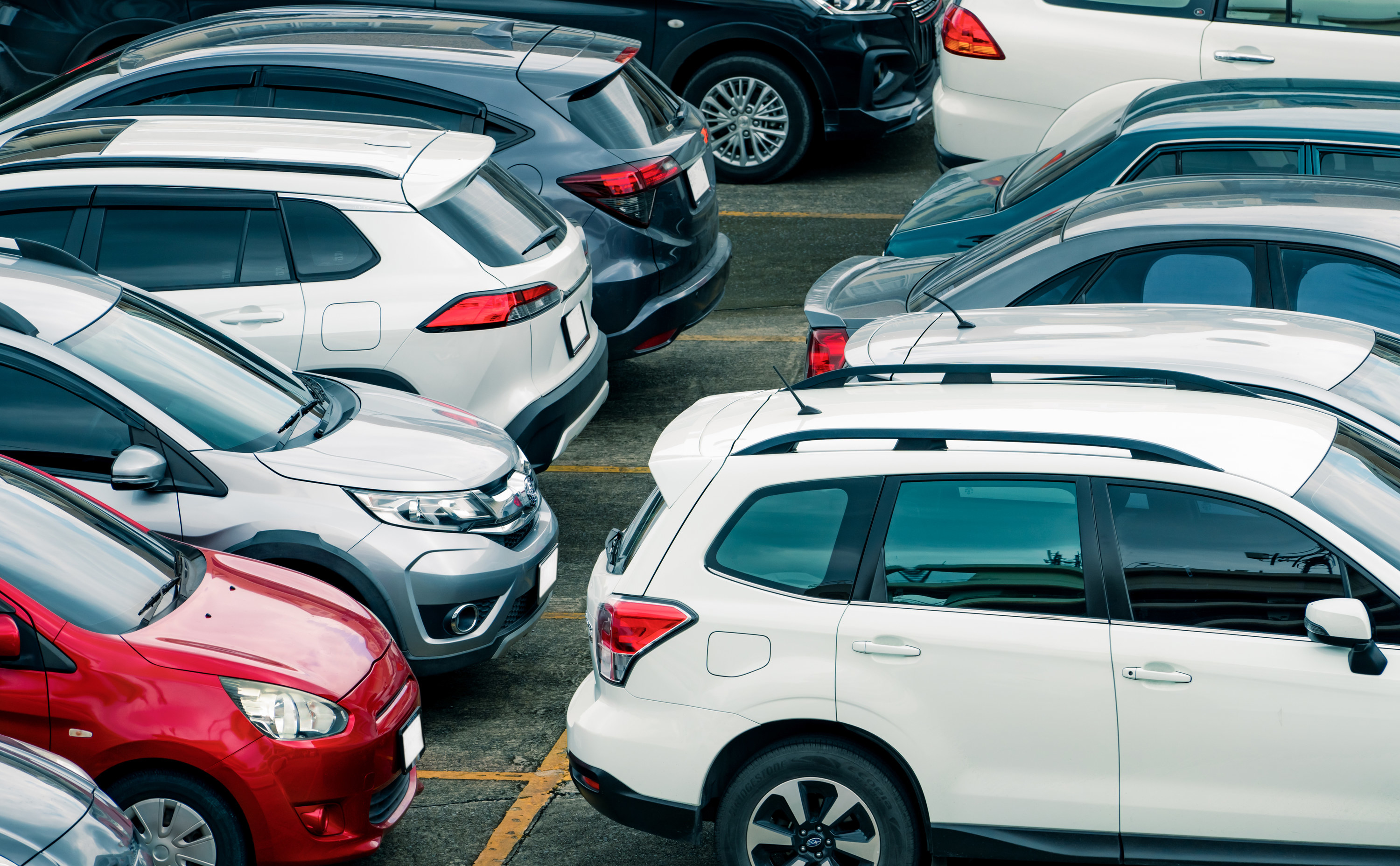“Learn the science behind cooking, too. Learn the basics, like how to make some of the mother sauces.” —u/JustTheTipAgain “Legit question: Since cooking often involves inefficient heating furnaces, ovens, open pots, and pans instead of microwaving, buying ingredients, and using all kinds of equipment, is it really cheaper compared to putting frozen meals in the microwave, including the price of said meals, of course. It’s more interesting to learn how to cook, but it seems some aspects of it can still be quite costly.” —u/dikkemoarte “Short answer: yes Long answer: the initial cost of buying the pots, pans, and spices is high, but you reuse that same equipment for the entirety of your cooking life and a lot of the spices are reused in different meals. They last a long time, too, and vegetables/rice are usually incredibly cheap. The majority of the cost comes from purchasing raw meat. In most of my recipes, the cost of the meat is equal to the cost of every other ingredient combined, and even then the meat costs more. So yeah, it’s still way cheaper to learn how to cook than to buy microwave dinners. You just have to learn the recipes that make lots of food.” —u/pm_ur_flat_chests “And while it’s there, make sure to read the one-star reviews. A lot of times it will help talk you out of buying it or show you a way to do the same thing cheaper.” —u/Picker-Rick “While the sentiment is good. I would push back and say: Never ever pay in cash if you don’t have to.’ Paying in cash is what subsidizes credit card users and their perks. Much better to treat a credit card as a debit card (i.e. only spend what you have). Or even some debit cards have small perks. It takes discipline, but you can maximize return. There are free (no yearly fee) credit cards with unlimited 2% back on everything. If you treat it like a debit card, that’s 2% more money than you previously would’ve had.” —u/arcen1k “HAHAHAHAHAHAHAHA like I can afford to let 20% get saved. Y’all must get paid pretty well.” —u/Ponk_Bonk “When I started, I was only making like $35K per year — now I’m up to $60K. So barely in the 25th percentile to now more like the 45th percentile. It was tough at first, but once I prioritized my budget, it became a lot easier. I started only buying necessities (rent first, then utilities/phone bill, then food), and then if I had leftover money, I would buy things that weren’t a priority. I quickly learned that things that weren’t a priority were pretty easy to live without, which was good because there wasn’t a lot of wiggle room in the budget. As I started making more money, I was able to put more into savings as my costs didn’t increase as much as my income.” —u/Pineapple_Spenstar “I did this for two years until I got a good feel for my income and spending habits and it worked well. Google Sheets has a great budget template. You can enter your monthly earnings, monthly expected expenses in every category, and then actual expenses in every category. That way you can see what you thought you’d spend compared to what you actually did. It’s a really helpful way to visualize your spending.” —u/InfamousIndecision “I used to be part owner in a restaurant. I’m not exaggerating when I say that those $30 bottles of wine literally cost the restaurant $7. Also, liquor is $10–15 a shot from a $20 bottle that I can get 20 shots from.” —u/Capteverard 3) After you’ve done that, ask two of your friends to make a similar list based on their spending habits and needs (even better if you guys have roughly the same income). Compare the lists and discuss them. This helped me realize several things about my spending habits and helped me clear some of my unnecessary spending." —u/Im_Here_To_Fuck Cars depreciate the most in the first few years, so buy a lightly used one if it makes sense for you. Some banks charge higher interest on used car loans, so take that into account." —u/iminyourbase
